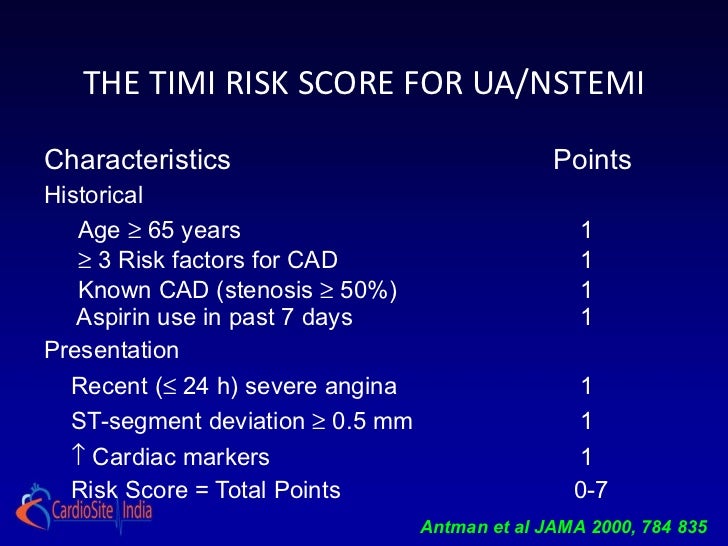

Troponin is considered an independent risk factor for all-cause mortality in the general population (without ACS). Physiological changes in older patients may be responsible for such results. Low troponin levels are associated more with high mortality in older patients with ACS than with younger patients. However, the prognostic value is attenuated in older patients. Current ESC guidelines recommend that troponin should be measured serially to determine the prognosis in patients with ACS (Class I, level B). High troponin levels predict an increased risk of mortality, and high-sensitivity troponin (hs-Tn)-T seems to be a better predictor than hs-Tn-I. Current European Society of Cardiology (ESC) guidelines recommend the use of NT-proBNP as a prognostic factor in patients with ACS (Class IIa, level B), but the use of other biomarkers is not recommended. An elevated NT-proBNP level in a patient with ACS successfully predicts a worse prognosis (mortality, development of left ventricular systolic dysfunction). It has been suggested that an elevated N-terminal fraction of brain natriuretic peptide (NT-proBNP) level may be caused by transient myocardial ischemia, even without left ventricular systolic dysfunction. Several biomarkers have been proposed to define the prognosis of patients with ACS, many of which are routinely used in everyday clinical practice.


 0 kommentar(er)
0 kommentar(er)
